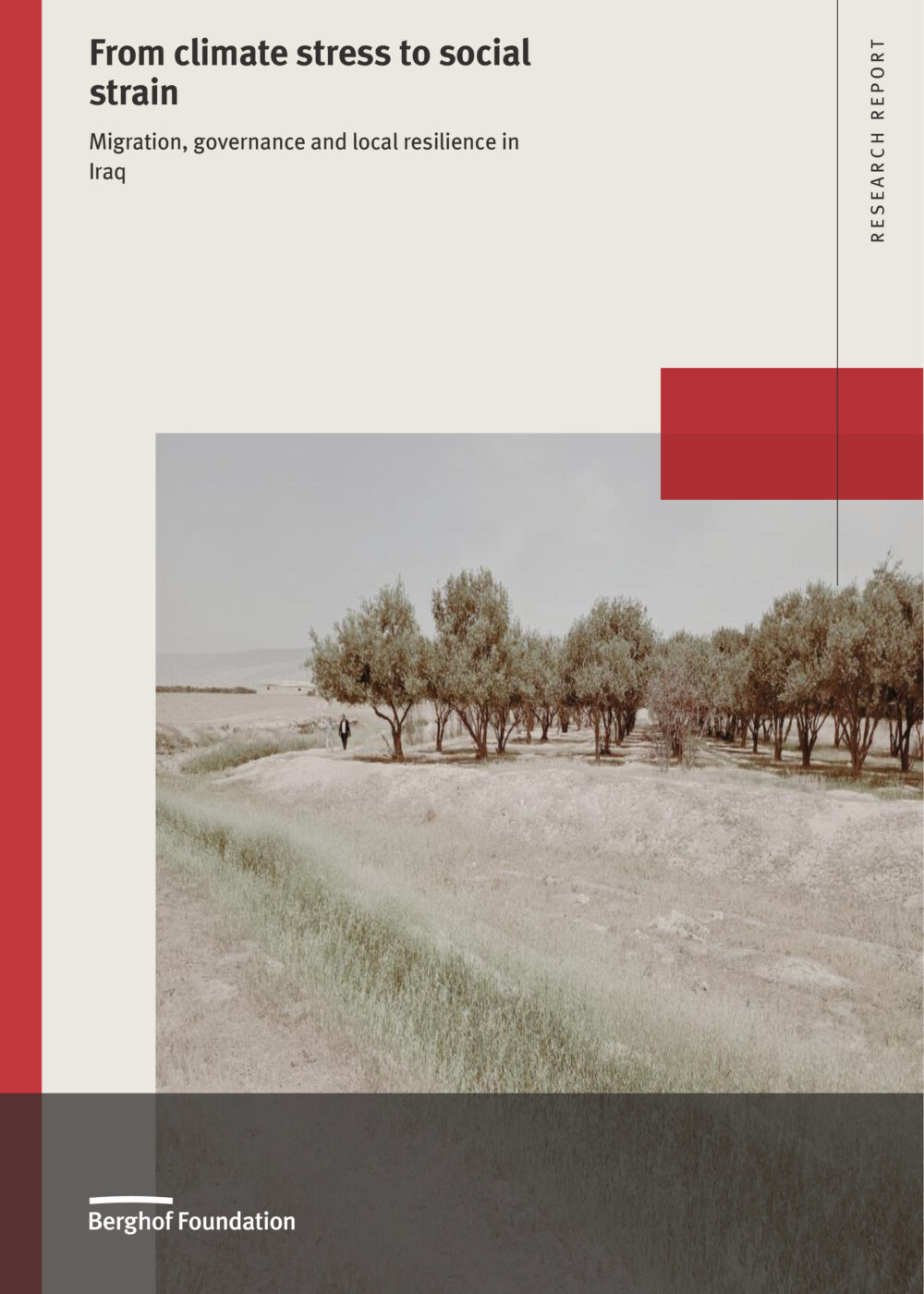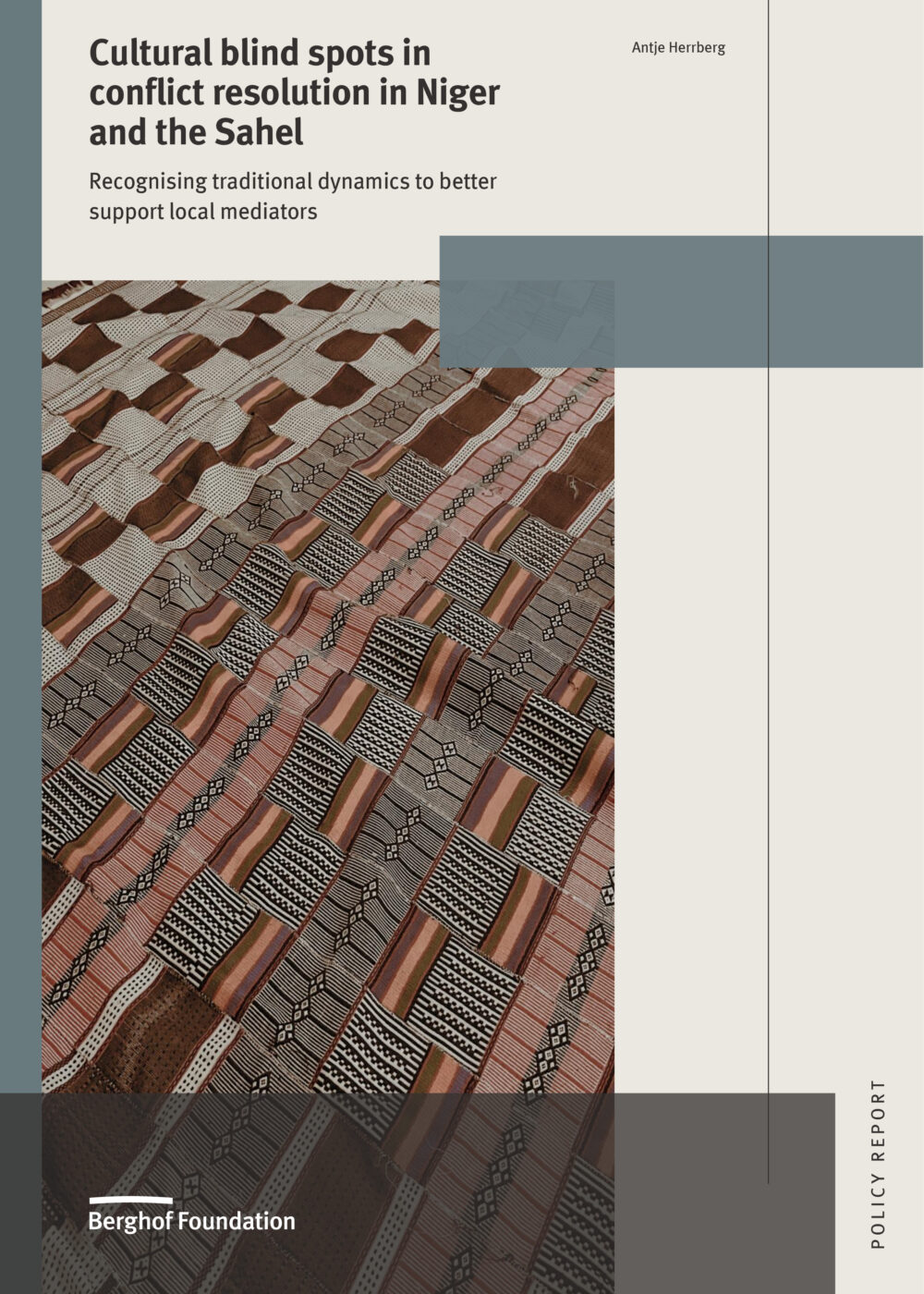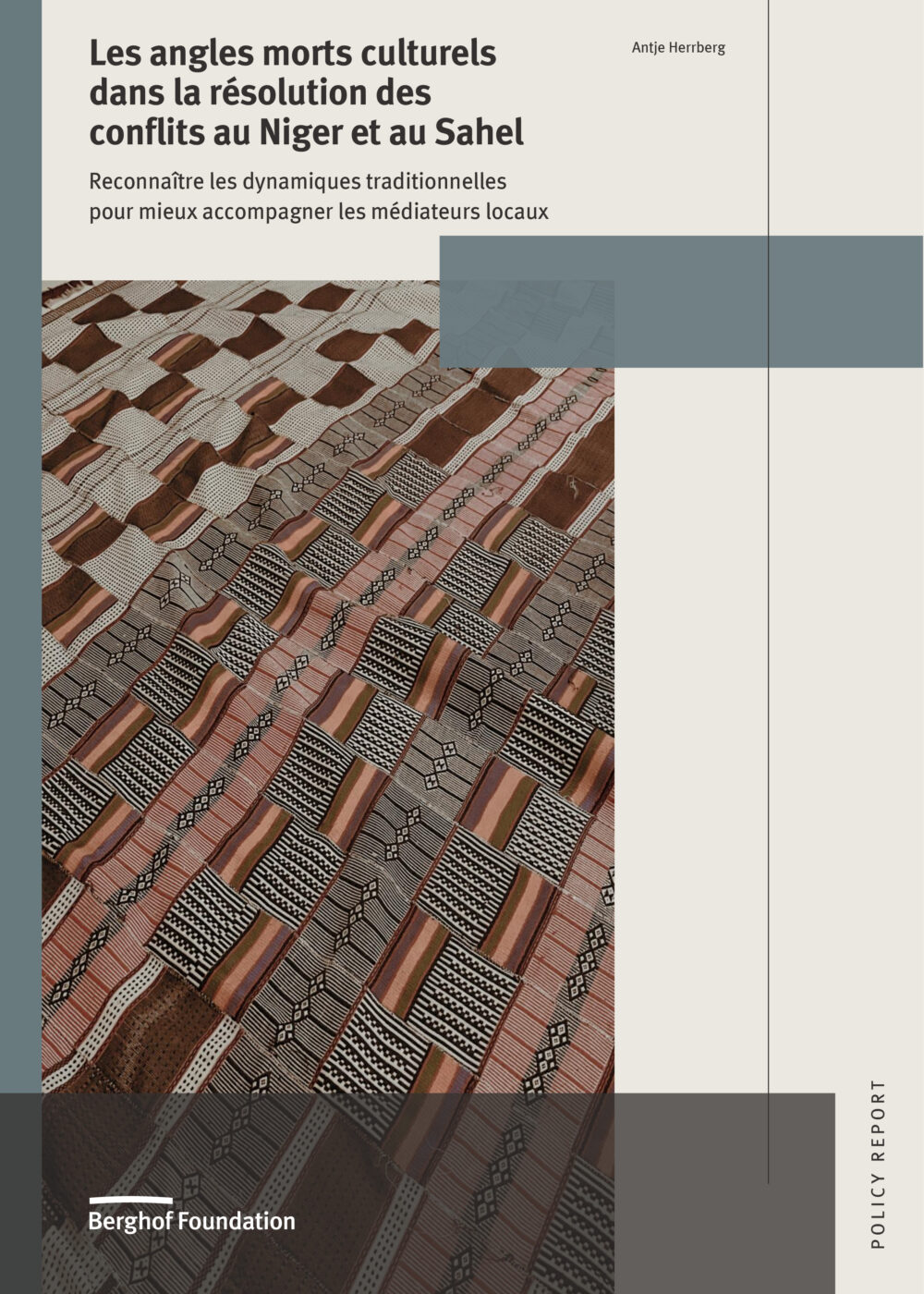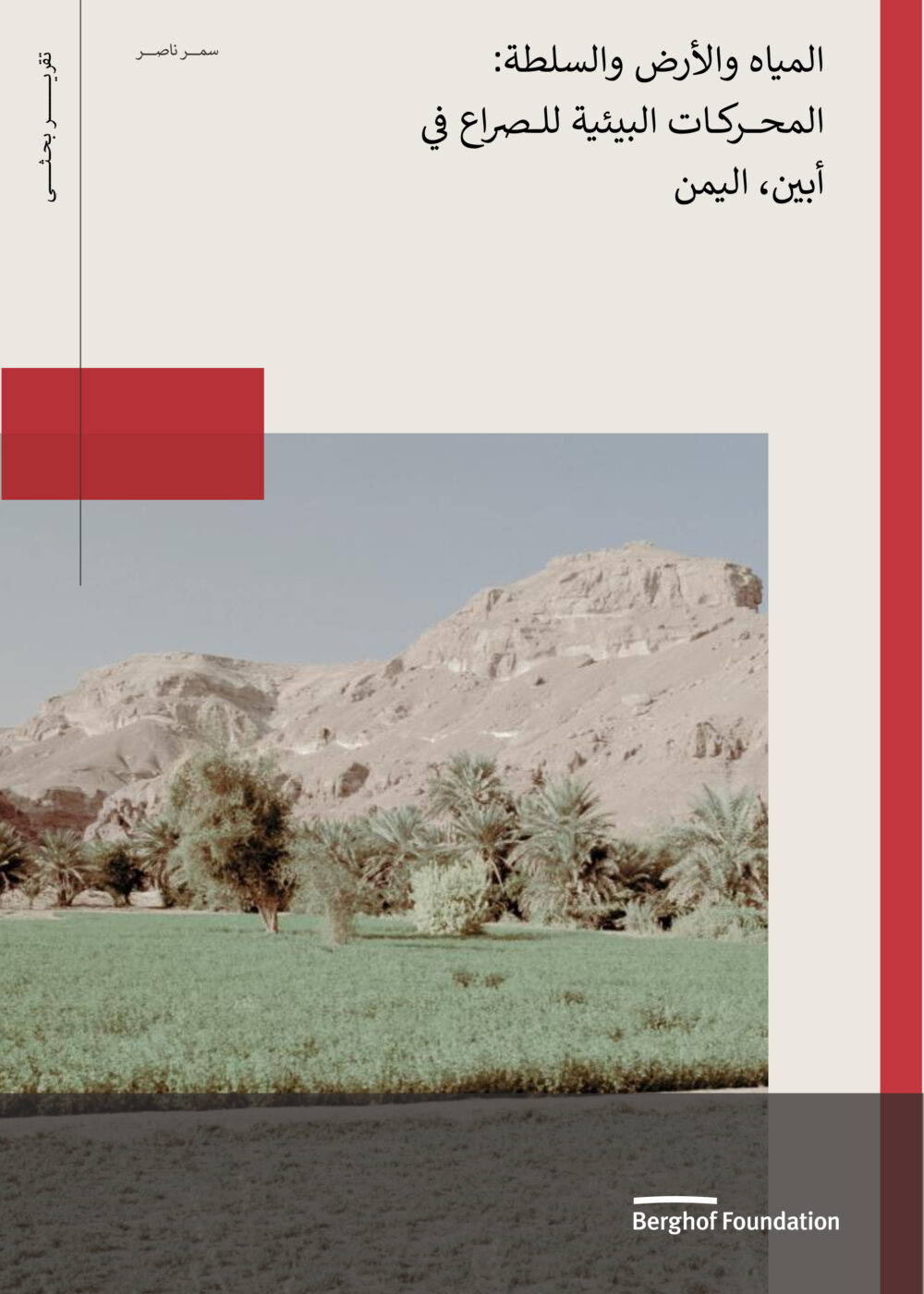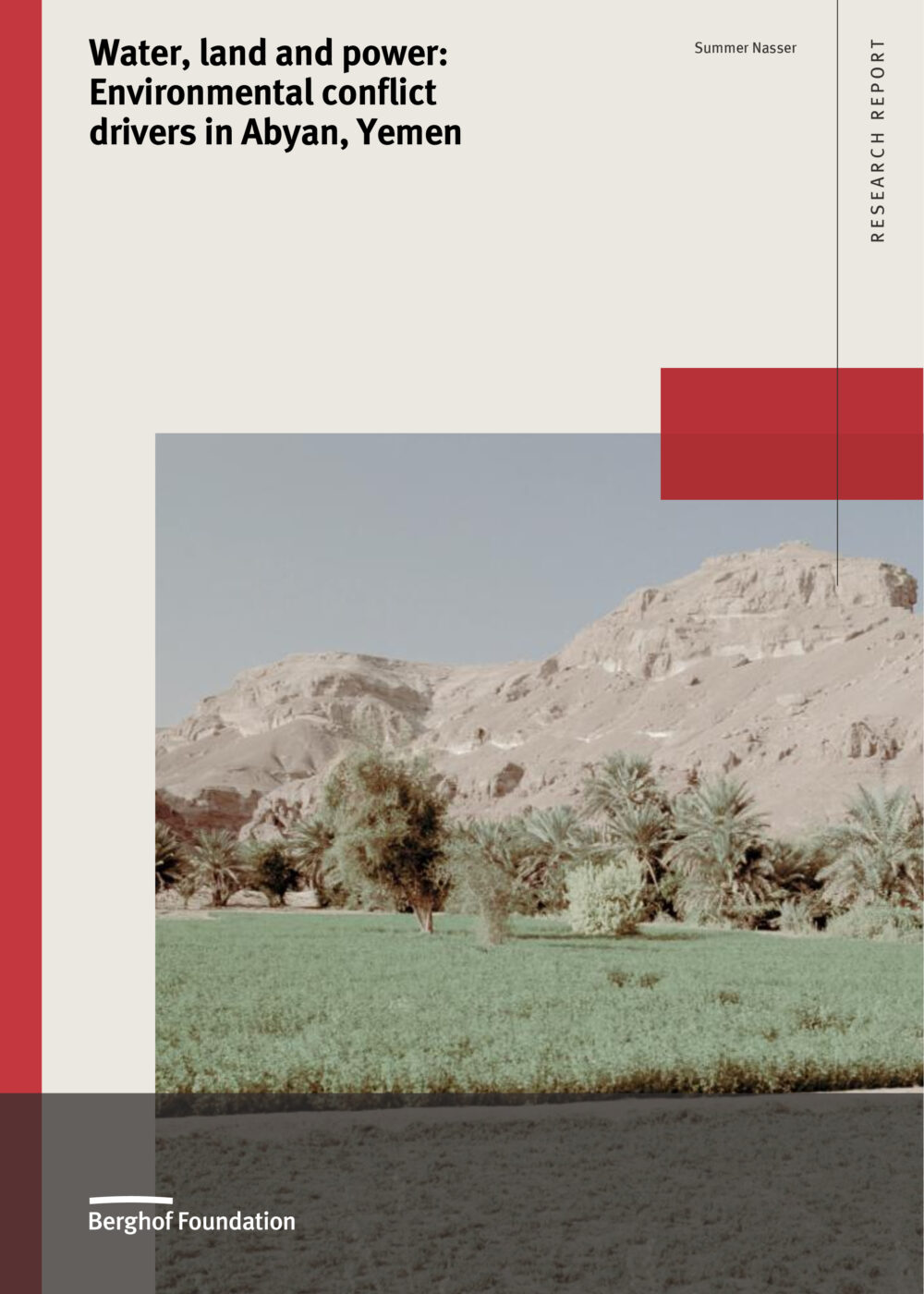1 Nov 2010
From Revolutionary War to Democratic Revolution: The Farabundo Martí National Liberation Front (FMLN) in El Salvador
Transitions Series No. 9
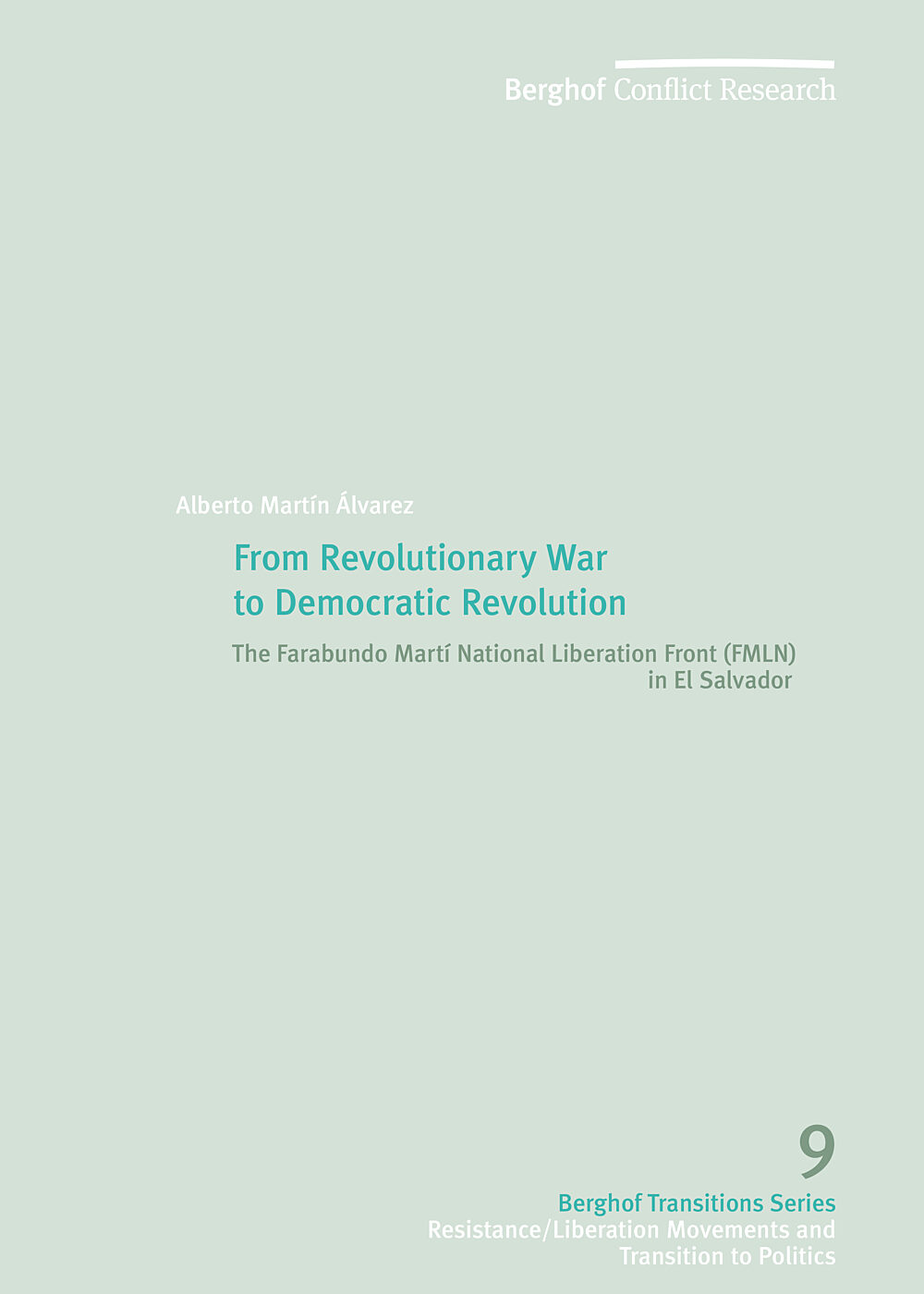
In the context of an authoritarian regime, controlled by the military in alliance with a powerful landowning oligarchy, Salvadoran political-military organisations sprung up throughout the 1970s. Political and economic exclusion were the basis from which a wide popular movement arose – one that was to be almost immediately confronted with massive and indiscriminate repression. Faced with the closing of arenas for political participation, huge numbers of activists joined the ranks of the guerrilla army during the late 1970s. The five Salvadoran revolutionary organisations1 created the Farabundo Martí National Liberation Front (Frente Farabundo Martí para la Liberación Nacional, FMLN) in October 1980, with the joint aim of both procuring the government’s defeat as well as creating a socialist project.
Authors
Alberto Martín Álvarez
Editors
Véronique Dudouet, David Bloomfield
Following the defeat of the “final offensive” launched by the FMLN to oust the government in 1981, the conflict turned into a longstanding civil war that only came to an end when the main leaders from both sides became convinced it was impossible to attain military victory. The January 1992 Chapultepec Agreements that were to end the conflict paved the way for the democratisation of the regime, for political demilitarisation and for the FMLN to become a political party.
The study of the transition process of the FMLN meets a series of criteria that make it particularly interesting. On the one hand, in military terms, it was Latin America’s most powerful guerrilla movement. During the Front’s strongest periods there was one guerrilla for every 500 people. (In Colombia, this figure reached perhaps one guerrilla per 3,000 people). On the other hand, the Front decided to negotiate and disarm itself without having suffered a military defeat, while it still had a very important armed force and considerable social backing. Another very notable element is that once it became a political party, the FMLN’s performance was very successful. It became the opposition’s leading political force, overcoming political parties with greater experience in electoral politics. Since 2000 it has become the leading strength within the Legislative Assembly, and went on to win the presidency in March 2009.
This work analyses the emergence, dynamics and the transformation of the FMLN into a political party.
About this Publication Series
This case study is one of a series produced by participants in an ongoing Berghof research project on transitions from violence to peace. The project’s overall aim is to learn from the experience of those in resistance or liberation movements who have used violence in their struggle but have also engaged politically during the conflict and in any peace process. Recent experience around the world has demonstrated that reaching political settlement in protracted social conflict always eventually needs the involvement of such movements. Our aim here is to discover how, from a non-state perspective, such political development is handled, what is the relationship between political and military strategies and tactics, and to learn more about how such movements (often sweepingly and simplistically bundled under the label of non-state armed groups) contribute to the transformation of conflict and to peacemaking. We can then use that experiential knowledge (1) to offer support to other movements who might be considering such a shift of strategy, and (2) to help other actors (states and international) to understand more clearly how to engage meaningfully with such movements to bring about political progress and peaceful settlement.
- M-19's Journey from Armed Struggle to Democratic Politics: Striving to Keep the Revolution Connected to the People. Berghof Transitions Series No. 1
Mauricio García Durán, Vera Grabe Loewenherz, Otty Patiño Hormaza. 2008
- The ANC and South Africa’s Negotiated Transition to Democracy and Peace. Transitions Series No. 2
Mac Maharaj. 2008
- Seeking State Power: The Communist Party of Nepal (Maoist). Transitions Series No. 3
Kiyoko Ogury. 2008
- The Politics of Transformation: The LTTE and the 2002-2006 peace process in Sri Lanka. Transitions Series No. 4
Suthaharan Nadarajah, Luxshi Vimalarajah. 2008
- From Politics to Arms to Politics Again: The Transition of the Gerakan Aceh Merdeka (Free Aceh Movement - GAM). Transitions Series No. 5
Agus Wandi, Wolfram Zunzer. 2008
- The Basque Country: The Long Walk to a Democratic Scenario. Transitions Series No. 7
Urko Aiartza Azurtza, Julen Julen Zabalo. 2010
- The Road to Peace in Ireland. Transitions Series No. 6
Bairbre de Brún. 2008
- The KLA and the Kosovo War: From Intra-State Conflict to Independent Country. Transitions Series No. 8
Armend R. Bekaj. 2010
- The CNDD-FDD in Burundi: The path from armed to political struggle. Transitions Series No. 10
Willy Peter Nindorera. 2012
- Le CNDD-FDD au Burundi: Le cheminement de la lutte armée au combat politique. Transitions Series No. 10
Willy Peter Nindorera. 2012
- “Living Freedom” – The Evolution of the Kurdish Conflict in Turkey and the Efforts to Resolve It. Transitions Series No. 11
Adem Uzun. 2014
- ETA’s disarmament in the context of international DDR guidelines: Lessons learnt from an innovative Basque scenario. Transitions Series No. 12
Basque Permanent Social Forum. 2017
- Peace Prevails: A Review of the Process to Peace and Reconciliation between the Afghan Government and Hezb-e Islami. Transitions Series No. 13
Mushtaq Muhammad Rahim. 2019
- سوله بریا ده. د افغان حکومت او حزب اسال مي تر منځ د سولې هوکړه لیک
Mushtaq Muhammad Rahim. 2019
- صلح پیروزی است. مروری بر پروسه صلح و مصالحه میان حکومت افغانستان و حزب اسلامی
Mushtaq Muhammad Rahim. 2019
Thanks for your interest
If you find this publication useful, please consider making a small donation. Your support enables us to keep publishing.



